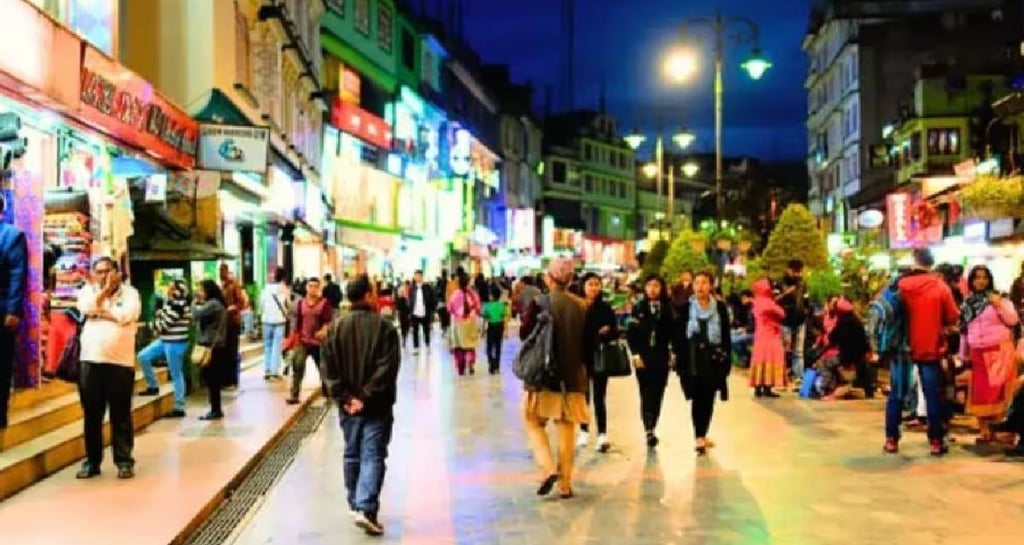Sikkim’s 11 PM closure rule faces heat as tourism season nears
The government has positioned the move as a protective measure rather than an economic one, emphasizing the need to curb underage drinking and preserve discipline in nightlife activities.
LOCAL


Sikkim’s decision to enforce an 11 PM closure rule on restaurants, pubs, discotheques, and other nightlife establishments has sparked renewed debate, with business owners warning that the regulation is hurting livelihoods and limiting the state’s tourism potential.
The restriction, which was formalized through a government notification issued by the Urban Development Department on January 8, 2025, came in response to growing complaints from parents and community groups. The order cited reports of underage patrons gaining access to nightlife venues and being served alcohol, in violation of excise norms. Officials argued that such practices threatened both cultural values and the health of young people.
The rules required all establishments to close by 11 PM, barred entry of persons below 21 years of age and students in uniform, and banned the serving of alcohol to anyone under 21. Violations, the notification warned, could result in a Rs 50,000 penalty, suspension of trade licenses, or even permanent cancellation.
Months after the rule came into effect, the hospitality sector in Gangtok says the impact has been severe, especially with the tourist season now approaching. Restaurants, cafés, and hotels say they are forced to shut their doors just as the evening crowd begins to grow.
Hospitality is one of Sikkim’s biggest employment generators, supporting chefs, waiters, bartenders, tour operators, and hotel staff. Many entrepreneurs argue that cutting back hours not only threatens revenues but also puts jobs at risk. Some warn that tourists may turn to other hill destinations with livelier nightlife.
Visitors too appear divided. Some say they understand the state government’s efforts to protect young people and uphold social norms, but others feel the rules are too strict for a popular travel hub.
Officials, however, remain firm. When announcing the rules in January, the Urban Development Department stressed that the step was necessary to safeguard cultural values and public health.
The government has positioned the move as a protective measure rather than an economic one, emphasizing the need to curb underage drinking and preserve discipline in nightlife activities.
Some local stakeholders are urging the government to explore middle-ground solutions. Proposals include extending hours only during peak tourist months, designating special nightlife zones with close monitoring, or tightening ID checks instead of enforcing blanket closures.
For now, the 11 PM restriction remains firmly in place. But with the tourism season set to bring a surge of visitors to Gangtok and other hill towns, pressure from the hospitality industry is likely to grow louder. Business leaders say they are hopeful for dialogue with the government in the coming weeks.
The outcome of this debate will shape not only the state’s nightlife but also its reputation as a modern tourist destination. For many, the question is whether Sikkim can strike a balance between preserving its cultural ethos and supporting the businesses that fuel its economy.
